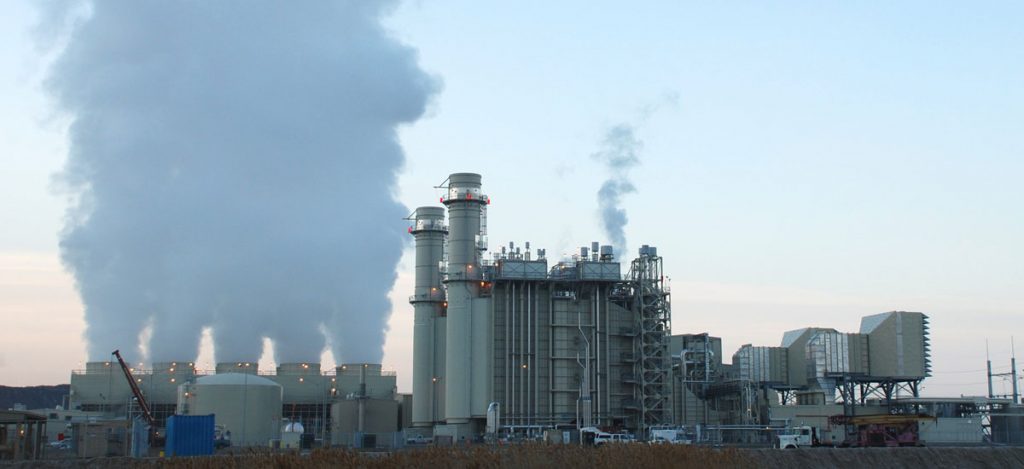Decision undermines Clean Air Act’s delegation of authority and declares an effective “right to pollute” for power plants
New Haven, CT – Today the U.S. Supreme Court dismantled key elements of the Environmental Protection Agency’s authority to regulate carbon emissions of fossil-fuel burning power plants under the Clean Air Act through its ruling on West Virginia v. EPA.
Roger Reynolds, senior legal counsel at Save the Sound, said, “Today, six Justices of the Supreme Court backslid on over 50 years of progress under the Clean Air Act by crippling EPA’s ability to select the ‘best system of emission reduction’ to reduce greenhouse gas pollution from the power sector, as the agency is required to do by the Act. Instead, despite the Act’s clear statutory mandate and delegation to the agency’s expertise, the Court found that the EPA must impose a system favored by the six justices that protects indisputably dirtier energy sources such as coal, even if such a system demonstrably fails to qualify as the ‘best system.’ The Clean Air Act, as enforced by the EPA and citizen groups, has been remarkably successful in cutting pollution and protecting health, resulting in fewer premature deaths, longer lives, better quality of life, lower medical expenses, and better worker productivity. This decision not only blocks one of the most critical avenues to halt climate disruption under the Clean Air Act, but also threatens any environmental or other protection that requires administrative decisions to be guided by sensible law and sound science. By putting certain dangerous industries ahead of Americans’ health, this decision effectively declares an implicit ‘right to pollute.’
“The West Virginia decision does leave open a path for EPA to write and issue standards requiring coal- and gas-burning power plants to reduce their emissions. It should do so with all haste to protect Americans’ health and our environment,” Reynolds said.

When Congress passed the Clean Air Act in 1970, the legislature delegated authority to write and enforce air pollution rules to the EPA. The EPA’s job is to hold industries and state governments accountable to maintaining clean air.
In 2015, the Obama administration EPA attempted to act on climate through issuance of a Clean Power Plan to reduce emissions from power plants in compliance with goals outlined in the Paris Climate Accords. This was later undone by the Trump administration, and replaced in 2019 by the much weaker Affordable Clean Power rule.
Charles Rothenberger, climate and energy attorney at Save the Sound, said, “Climate change is an existential threat that requires every branch of government working in concert. This decision makes the climate fight harder to win by undermining the expert implementation and enforcement that only administrative agencies can provide, handing hyper-technical details over to a legislative branch not best suited to deal with them. This threatens to hamstring the federal government’s ability to effectively reduce emissions from the power sector, and renders bold action on other greenhouse gas emitters like transportation more urgent than ever. The states now bear even greater responsibility to act.”
###
